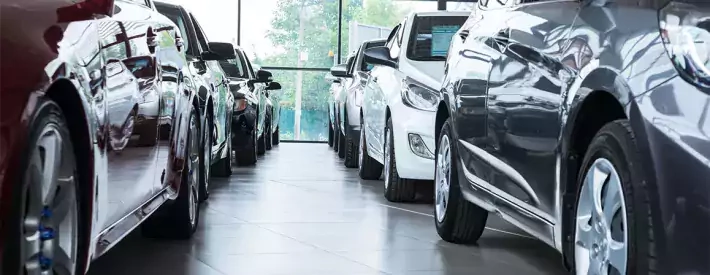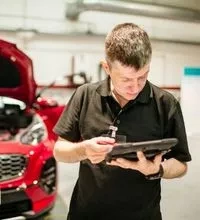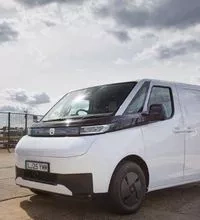How Vertu is mixing real and digital sales post-lockdown

In this article: Vertu boss, Robert Forrester discusses how digital is vital, but why it must go hand-in-hand with physical premises
COVID-19 has hit the industry hard, but there are some initial positive signs as we begin to emerge from lockdown. Vertu’s June performance which was stronger than expected with profit before tax for the month at £9.0 million, which sits ahead of the firm’s pre-coronavirus business plan of £8.6m. The firm’s new car retail sales are also up on the same month last year, although fleet sales were significantly down.
Vertu’s CEO Robert Forrester, speaking on AutoTrader’s latest webinar was matter of fact about his company’s performance and the information coming out of other areas of the industry. “I wouldn’t say there is a chronic shortage of new cars because there isn’t, but there is an element of tightness compared to normal. We saw the month end push didn’t take place as normal and that’s why the SMMT numbers were down, so I think it gave a very negative view of the market compared to the reality.”
Commenting on the way customers are behaving, he added: “We are seeing some interesting trends now, we certainly saw that the way enquires came at us in June, was very different to the normal structure. There was far more engagement on the internet, more use of online forms and more use of online chat. But we saw a 50% increase YoY in phone enquiries, which put our business under some pressure to answer them all.”
Perhaps obviously Forrester also said Vertu saw a decline in walk-in enquiries, but that is starting to change.
“At the back-end of June and into July walk-ins start to return, not to normality, but much higher levels compared to where we were certainly in the first two weeks of June. We’re starting to discern a trend where leads from third party aggregators and our own websites are just coming down and walk-ins come back as a percentage of enquiries. We might be starting to see the semblance of normal consumer behaviour,” he said.
Forrester added the increased retail new car sales was being driven by a combination of pent-up demand and customers using deposits from cancelled holidays as the down payment for a car.
Tracking consumer trends for online car shopping, he also said: “Digitalisation for me falls in two parts, both equally important. One is making sure we’ve got absolutely fantastic levels of customer omni-channel retailing capability. We really revamped our pure online [capability] during the lockdown and launched a brand-new online retailing platform for used cars on the 15th May. We saw an immediate up-lift and everybody gets very excited by pure online retailing.”
Vertu had found one issue with the high-speed nature of online sales when combined with traditional retailing.
“We’ve had a few instances in June where somebody has been test driving a car, and during the test drive somebody has bought the car online or has reserved it. And that has caused chaos. So, we’re going to implement a new thing in the next few hours/days whereby if a car is on test drive it flashes up on the web that says somebody is test driving this car, you cannot buy it.”
Pointing further into the future he added that it was technology behind the scenes that would help retailers make better progress: “What we should be doing is using artificial intelligence to prioritise which leads are actually going to give us the best conversion and put them through different processes, so our resources are applied to the ones that convert and aren’t applied to the ones that don’t. That’s a massive project that we need to be getting on with quickly.”




